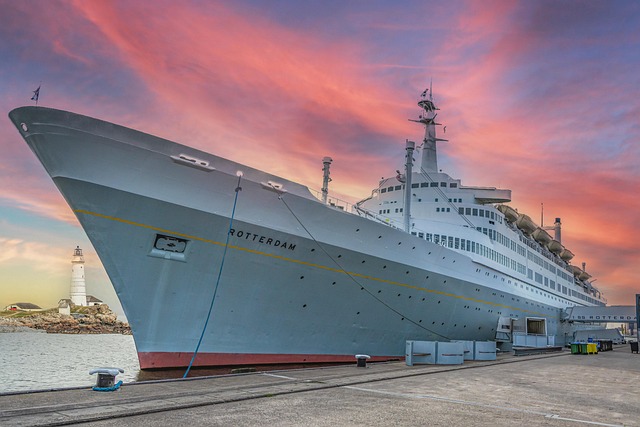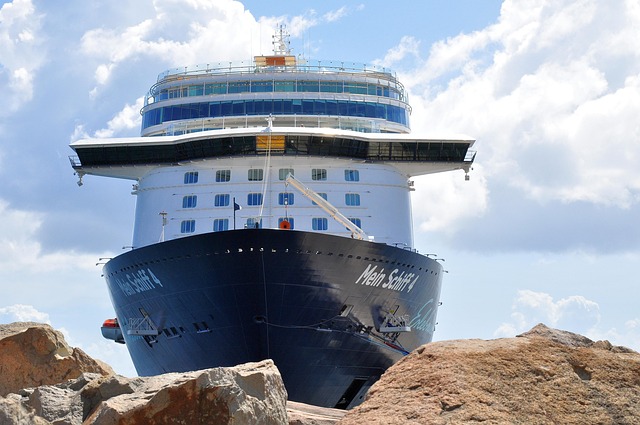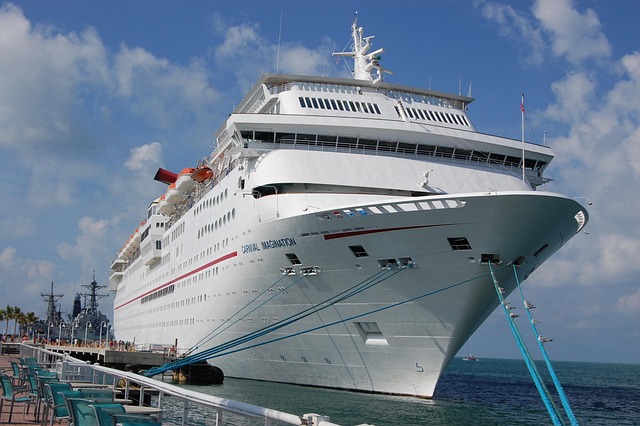Facing sexual assault on a cruise ship presents unique legal challenges due to the vessel's international status and transient nature, complicating justice for victims. Cruise lines often employ aggressive tactics and may have limited resources or favorable laws, hindering evidence collection and witness interviews across different ports and time zones. Specialized cruise line sexual assault attorneys are crucial for navigating these complexities, ensuring victim rights, gathering evidence, and advocating for compensation to address physical and emotional trauma. These experts guide victims through legal processes, including reporting, evidence collection, jurisdictional statutes, claim filing, negotiations, or trials. Cruise lines have a responsibility to prevent such incidents through comprehensive crew training, consent education, support services, and accountability.
Legal Action for Sexual Assault on Cruises: Navigating Your Rights and Options
Sexual assault on cruises is a growing concern, prompting discussions about the legal obligations of cruise lines and support for victims. This article explores the complex landscape surrounding legal action for such incidents. We delve into the responsibilities of cruise lines, the unique challenges faced by victims at sea, and the crucial role of specialized attorneys. Understanding these aspects empowers victims to seek justice and ensures cruise lines are held accountable for their passengers’ safety.
Understanding Cruise Line Legal Obligations regarding Sexual Assault
Cruise lines operate in a unique legal environment, especially when it comes to addressing sexual assault on their vessels. These companies have a legal obligation to ensure the safety and security of their passengers, including protecting them from crimes like sexual assault. Cruise line sexual assault attorneys argue that this responsibility extends beyond just providing physical security; it encompasses creating an environment where guests feel safe and informed about potential risks.
This includes implementing robust policies, procedures, and training programs to prevent, identify, and respond to sexual assaults effectively. Attorneys specializing in cruise line sexual assault cases emphasize the need for clear communication of these policies to passengers, as well as prompt reporting and investigation mechanisms when incidents occur. Such measures not only comply with legal requirements but also demonstrate a commitment to passenger welfare, which can be crucial in court proceedings.
The Challenges of Pursuing Legal Action on a Cruise Ship
Pursuing legal action for sexual assault on a cruise ship presents unique challenges due to the vessel’s transient nature and complex jurisdictional issues. One significant hurdle is the international character of cruise lines, which often register in countries with lenient laws or limited resources for investigating and prosecuting crimes. This can make it difficult for victims to access justice, as they may face long delays, inadequate legal representation, or even resistance from the cruise line itself.
Additionally, the remote location of a cruise ship creates logistical obstacles. Evidence collection and witness interviews require coordinated efforts across different ports and time zones, adding complexity to the legal process. Moreover, cruise lines frequently employ aggressive legal tactics, including attempting to intimidate victims through lengthy and costly litigation, making it crucial for victims to have access to experienced cruise line sexual assault attorneys who understand these challenges and can navigate the unique legal landscape of international waters.
Rights of Victims: What to Expect from Cruise Line Sexual Assault Attorneys
When a victim of sexual assault finds themselves on a cruise, they may feel vulnerable and unsure of their rights, especially in an unfamiliar setting. In such cases, seeking legal counsel from experienced cruise line sexual assault attorneys is a vital step towards justice and healing. These attorneys specialize in navigating complex legal systems and the unique challenges that arise in maritime law. They provide victims with comprehensive support, ensuring their rights are protected throughout the legal process.
Victims can expect their attorneys to offer a range of services, including explaining their legal options, gathering evidence, and representing them in negotiations or court proceedings. These professionals are well-versed in international laws and cruise line policies, which can vary significantly from traditional legal frameworks. They fight for victims’ rights to seek compensation for physical and emotional injuries, ensuring that justice is served and the victim receives the support they need to move forward.
Navigating the Legal Process After a Cruise Sexual Assault Incident
After a cruise sexual assault incident, navigating the legal process can be challenging and overwhelming. The first step is to report the incident to the ship’s crew immediately. Most cruise lines have procedures in place for handling such cases, including notification of local law enforcement when necessary. It’s crucial to gather evidence, such as medical records, security footage (if available), and statements from witnesses or fellow passengers. A victim should also consider seeking legal counsel from experienced cruise line sexual assault attorneys who understand the unique challenges of these cases.
Next, victims should be aware of the statute of limitations for filing a lawsuit, which varies by jurisdiction. In many places, this period is limited, so prompt action is essential. Attorneys can guide clients through the process of filing a claim against the cruise line, which may involve negotiating a settlement or proceeding to trial. Throughout this journey, it’s vital to prioritize self-care and seek emotional support from trusted sources, as dealing with such traumatic events requires resilience and strength.
Prevention and Awareness: How Cruise Lines Can Better Address Sexual Assault on Board
Cruise lines have a responsibility to ensure the safety and well-being of their passengers, especially in addressing sexual assault on board. Prevention and awareness are key strategies that cruise lines should implement to create a safer environment for everyone. One effective measure is providing comprehensive training to crew members on recognizing and responding to potential sexual assault incidents. This includes teaching them how to identify suspicious behavior, offer assistance to vulnerable individuals, and follow proper protocol when handling such cases.
Additionally, cruise lines can enhance prevention by promoting a culture of consent and respect through onboard activities, events, and educational sessions. They should also ensure easy accessibility to support services, such as crisis hotlines or counseling, for victims and witnesses. By empowering passengers with knowledge about their rights and resources, encouraging open dialogue, and holding themselves accountable for maintaining a secure environment, cruise lines can significantly reduce the occurrence of sexual assault and better protect their guests.





